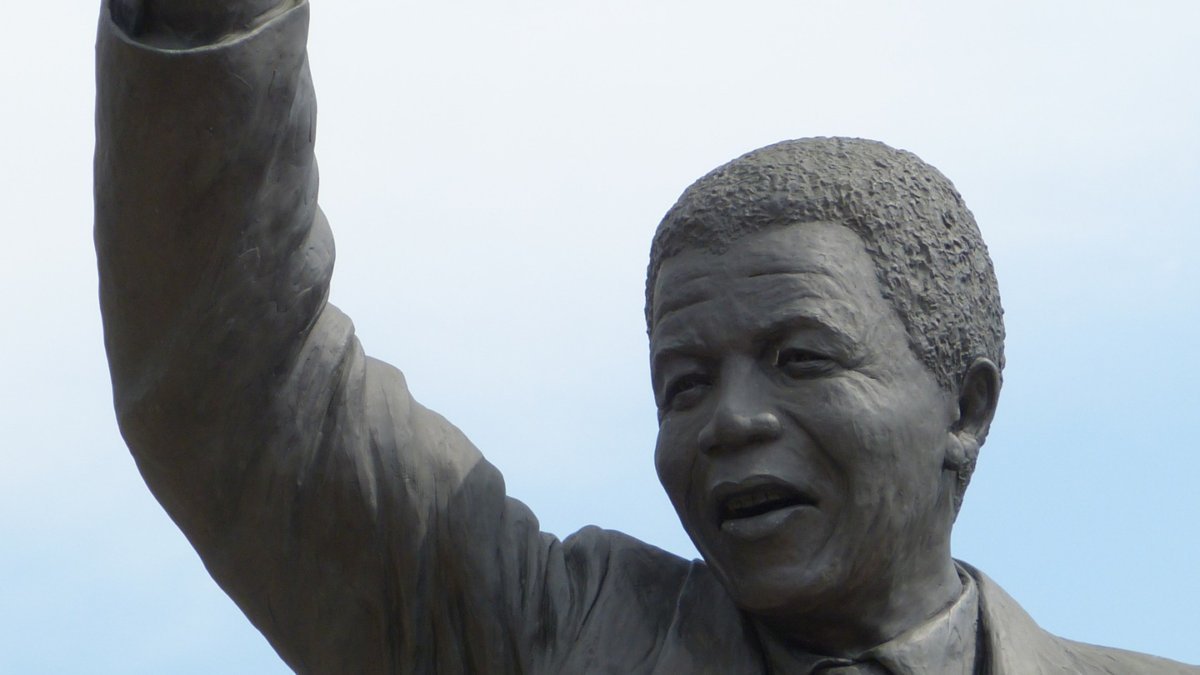
By Alice Hutchins
The quotes below are from novels by prominent black writers, who have been recent Booker Prize winners, and have been discussed as part of Oprah Winfrey’s book club. It could be argued that these works of literature are part of Nelson Mandela’s legacy. Mandela was a pioneer in promoting equality during one of history’s most politically unstable time periods, South African apartheid. A time when black South Africans were considered lesser people than whites and were degraded to having separate seating areas, having to use entirely different busses and modes of transport and facing a variety of verbal, physical and emotional abuses at the mercy of their discriminators.
When thinking of modern day equality, in a society where a celebration of differences and individuality are promoted, it is important to remember the life of a man whose commitment to compassion and justice made everyone realise our modern world was possible. A wealth of literature, culture, political changes and success have come from Mandela’s actions and his teachings, and he paved the way for equality that is still forming today.
‘To be a real man or woman, you’ve got to know what you believe in. You’ve got to understand that your actions have consequences and that they are connected to everything that you are’ – No Disrespect, Sister Souljah
Mandela knew what he believed in, and indeed his actions gained notoriety within freedom and equal rights movements. He was a figurehead for the rights of black people in South Africa and is remembered most notably for his 27-year sentence in jail. Having experienced brutal conditions at Robben Island Prison, Mandela was revered as a strong and courageous figure who had endured suffering and hardships for his beliefs, so that other black people could be spared the same treatment in future. Through these severe years, Mandela taught the world how far one person can go to fight for justice.
‘If there’s a story that we want to read, but it hasn’t been written yet, then we must write it ourselves’ – Toni Morrison
Mandela promoted that change had to come from within and adopted a form of leadership that changed worldviews. He set the precedent for a moral mandate in which every person can have core values, that are unshaken no matter what adversity they face, and he started to create a future whereby each person can stand for their own freedom. Even after his long battle, he still continued to inspire change after prison, by becoming the first black president of South Africa. He began to demonstrate the possibility of a life where equality is within reach for all.
‘It always surprised him when he thought of it later that he did not sink under the load of despair’ – Things Fall Apart, Chinua Achebe
Mandela described his journey as a ‘long walk to freedom’, and although he faced many challenges and oppositions, he left the world with a resounding message that ‘the walk is not yet ended’. In the 100 years since Mandela’s birth, we have witnessed radical changes, but it is clear that there is still progress to be made. An organisation like GSAN, which aims to promote opportunities in research, academia, resilience and development for countries such as South Africa, believes it is possible for Mandela’s vision to be actualised.
‘Our hope is that the network will inspire collaborations that share management, co-authorships, training, and research equally among diverse groups. We want to promote and elevate each other’s work so that our research communities are seen, funded, published, and respected equally. It would be nice to someday think that our research community could make Mr. Mandela proud.’ – Gina Yannitell Reinhardt, GSAN Founder
For further reading into African Literature and the effect it is having on readerships, please visit the following link:
http://theconversation.com/new-african-literature-is-disrupting-what-western-presses-prize-85206
Alice is a Creative Writing Graduate from the University of East Anglia and has recently joined the ImpacTeam, Department of Government at the University of Essex. This is Alice’s travel blog.